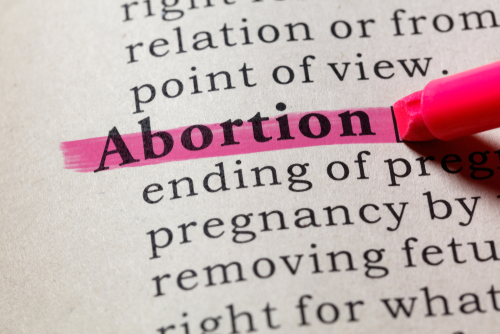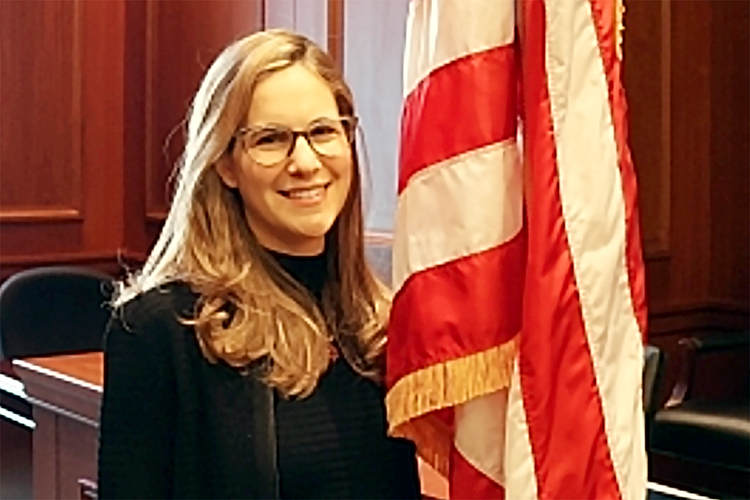Clergy members contend Florida abortion law violates their religious freedom; 5 suits are filed

Image from Shutterstock.
Seven clergy members have filed five lawsuits in Florida contending that the state’s abortion restrictions burden their religious beliefs, speech and conduct.
Marci Hamilton, a political science professor at the University of Pennsylvania, is among the lawyers representing the clergy members. She said the lawsuits are a “test,” and she plans to file similar lawsuits in several other states, the Washington Post reports.
Politico, Florida Politics and Reuters also have coverage. Florida Politics links to the lawsuits, filed by a United Church of Christ pastor, by three Jewish rabbis, by a Unitarian Universalist minister, by an Episcopal Church priest and by a Buddhist lama.
“I am pro-choice not in spite of my faith, but because of my faith,” said one of the plaintiffs, the Rev. Laurie Hafner, in an interview with the Washington Post.
Florida law bans abortions after 15 weeks of pregnancy, with exceptions to save the life of the mother or to avert a serious risk of substantial impairment of a major bodily function. The law makes it a felony to willfully perform or actively participate in an abortion that violates the law. Another Florida law makes it a crime to aid or abet a law violation.
Those laws put Hafner at risk of prosecution if she counsels women and girls to obtain an abortion beyond the narrow bounds of the state’s abortion law, Hafner’s lawsuit says.
The 15-week abortion ban “violates the sacred trust between a clergy member and his or her congregants and tramples plaintiff’s First Amendment and Florida constitutional rights to free speech and free exercise of religion and the rights under” the Florida Religious Freedom Restoration Act, the suit argues.
The Florida Religious Freedom Restoration Act says the government “shall not substantially burden a person’s exercise of religion, even if the burden results from a rule of general applicability,” unless the government can show that the law furthers a compelling government interest and is the least restrictive means of furthering that interest.
About 15 other states that restrict abortions also have RFRA laws. Hamilton told the Washington Post that she plans to bring similar suits in those states.
Douglas Laycock, a professor at the University of Virginia School of Law, told the Washington Post that states will be able to argue that they have a compelling interest in protecting fetal life.
“For better or worse, a compelling government interest is whatever five justices say it is,” Laycock said. “It’s a matter of judicial interpretation, not legislative enactment. And pretty clearly, we have six justices who would happily say that the state’s interest in fetal life is compelling” and outweighs religious liberty.
Write a letter to the editor, share a story tip or update, or report an error.



